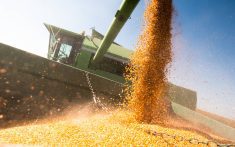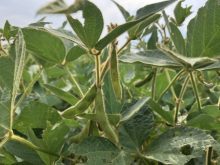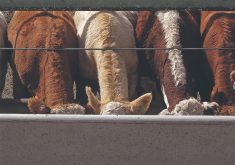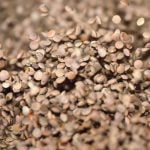Ottawa — Grain drying costs an average of $210 to $819 per farm in carbon taxes, according to federal Agriculture Minister Marie-Claude Bibeau.
Her department used data provided by grower groups – including Manitoba’s Keystone Agricultural Producers (KAP) and the Agricultural Producers Association of Saskatchewan (APAS) – to arrive at the figures.
The federal estimate of the costs also factored in data provided by provincial governments, including those from Alberta, Saskatchewan and Manitoba.
In all, the costs of carbon pricing on grain drying work out to between 0.05 to 0.42 per cent of total on-farm operating expenses, according to the federal government.
Read Also
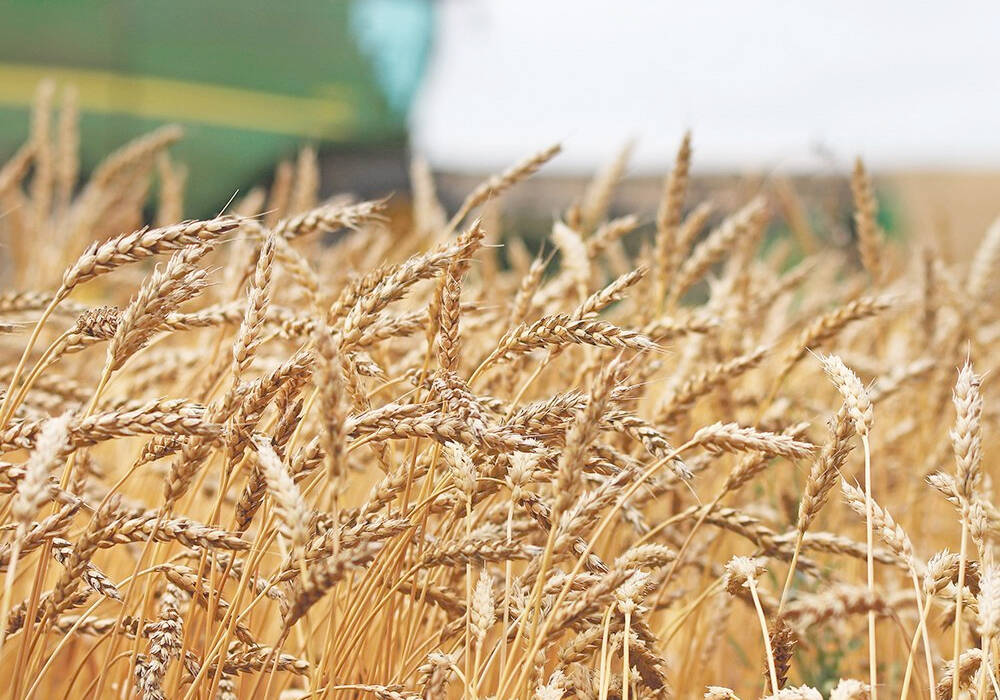
Minor tweaks in AAFC supply and demand report
There were only small changes in the latest supply and demand estimates from Agriculture and Agri-Food Canada released on Feb. 18.
Citing high costs, grain farmers have asked for an exemption from the carbon tax for grain drying. Their case for doing so appeared to be bolstered by a particularly wet 2019 harvest, but the federal Liberal government is not considering such a measure at this time.
“The analysis that has been made by the department do not show that the impact of the price on pollution has a significant impact on grain drying, that it has a significant impact on the operation costs,” Bibeau said during a press availability Tuesday. “The impact is a very small percentage in the operating costs, so this is why we are not moving forward with more specific relief.”
Instead, federal officials hint at other approaches to offer relief to grain farmers. In February, the federal and Alberta governments partnered to launch the Efficient Grain Dryer Program. Aimed at covering the cost of improving energy efficiency on dryers, $2 million was retroactively made available to cover 50 per cent of eligible expenses.
A review of carbon pricing on “trade-exposed industries” — including agriculture — was also planned for early 2020 by the federal government. The current status of that review is unclear, but preliminary looks at carbon pricing’s impact on certain sectors of the economy are ongoing, according to federal officials.
Producers should not expect a recommendation to offer an exemption on grain drying coming out of that formal review when it is completed, however.
“Where the impact is significant, exemptions have been given,” Bibeau said, citing exemptions for operating farm machinery and vehicles, and for heating greenhouses.
“This pollution pricing policy, it’s an important part for a greener economy and for more sustainable development, and I think we also want to recognize farmers are doing a lot in terms of improving technologies, improving their practices to be good stewards of the land also,” she told reporters, “but I don’t think the price of pollution, waiving the price of pollution is the right approach, but we want to recognize the farmers for the good things they are doing for environment and we have more work to do on that.”
Critics – and producer groups – are taking issue with the figures Bibeau cited, arguing it is a far cry from the actual carbon costs they are paying to dry grain.
Conservative Party of Canada agriculture critic John Barlow brought the issue up during a meeting of the Commons standing committee on agriculture on Wednesday, saying he has seen higher figures from producers than the averages provided by Bibeau.
“I’ve got some ranging to a couple thousand dollars a month, and one that’s close to $10,000 a month,” he said, adding that Bibeau’s stats were “out of touch with reality.”
KAP has previously calculated Manitoba corn growers were paying around $3 an acre in grain drying-related carbon costs.
Grain Farmers of Ontario, in a separate statement Thursday, noted its numbers put the average cost of carbon pricing on the fuel to dry a corn crop at $5.50 per acre.
Thus, “on a 1,000-acre farm the carbon tax bill would be more than $5,000,” GFO chair Markus Haerle said. “That is really just the tip of the iceberg. We estimate that the cost of the carbon tax is $14 per acre if you take into account transportation, inputs, and more.”
During the committee meeting, federal deputy agriculture minister Chris Forbes said data from KAP, APAS, GFO and provinces were used to arrive at the federal estimate.
He admitted there were “slightly different estimates and that’s why we come up with a range.
“It’s based on grain farmers…there’s no kind of broader number of farms included there.”
Carbon pricing for provinces without their own plans went into effect in 2019, starting at $20 per tonne before rising to $30 a tonne in April. Costs will increase until 2022, when they reach $50 a tonne.
— D.C. Fraser reports for Glacier FarmMedia from Ottawa.






